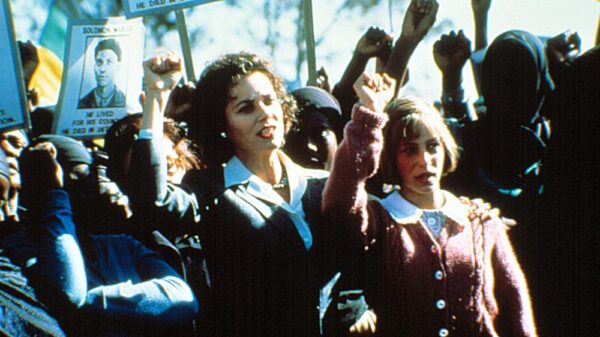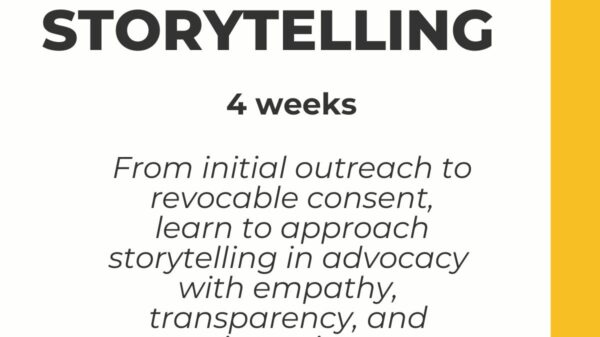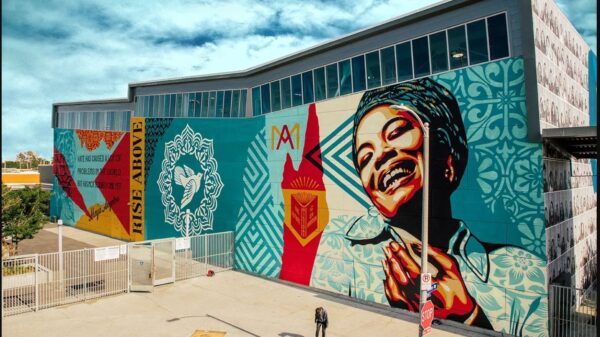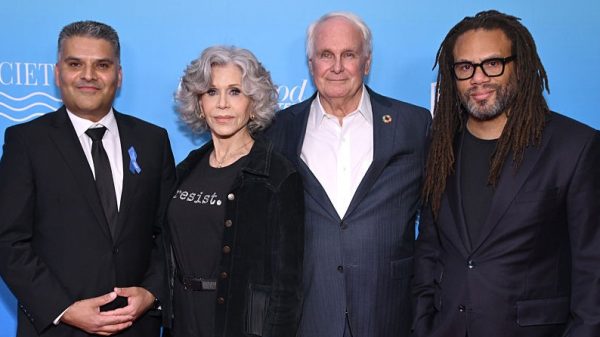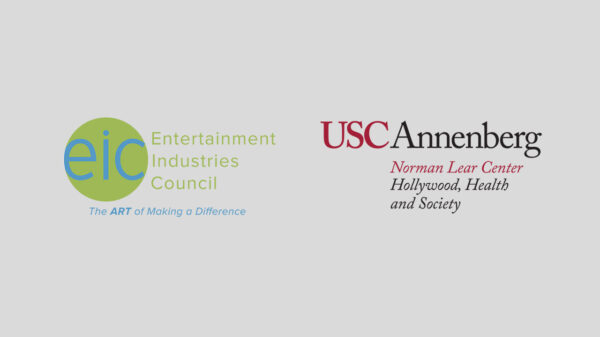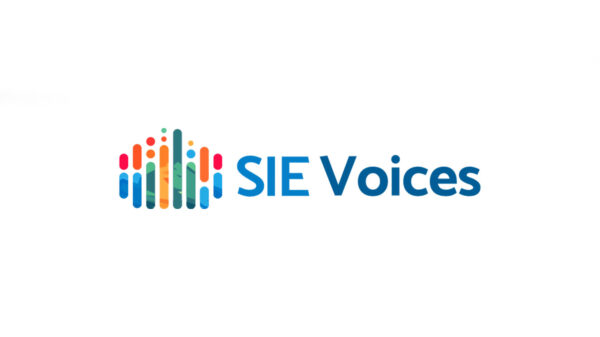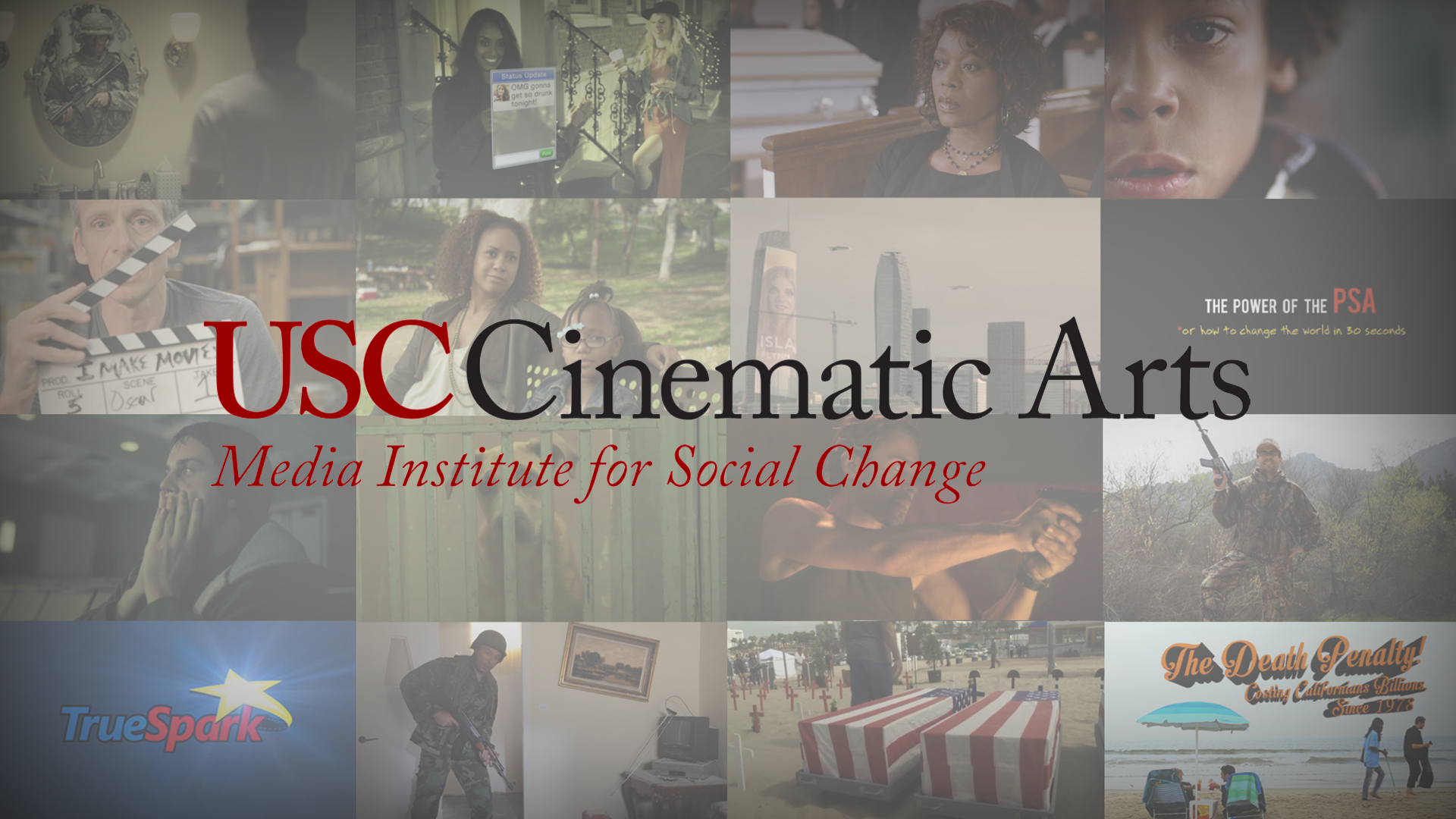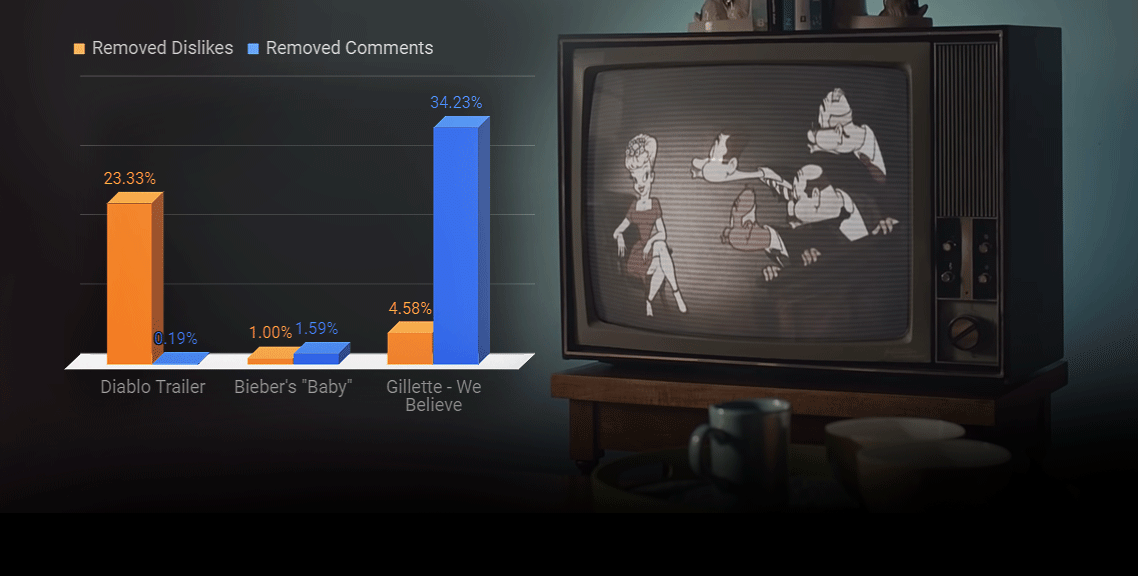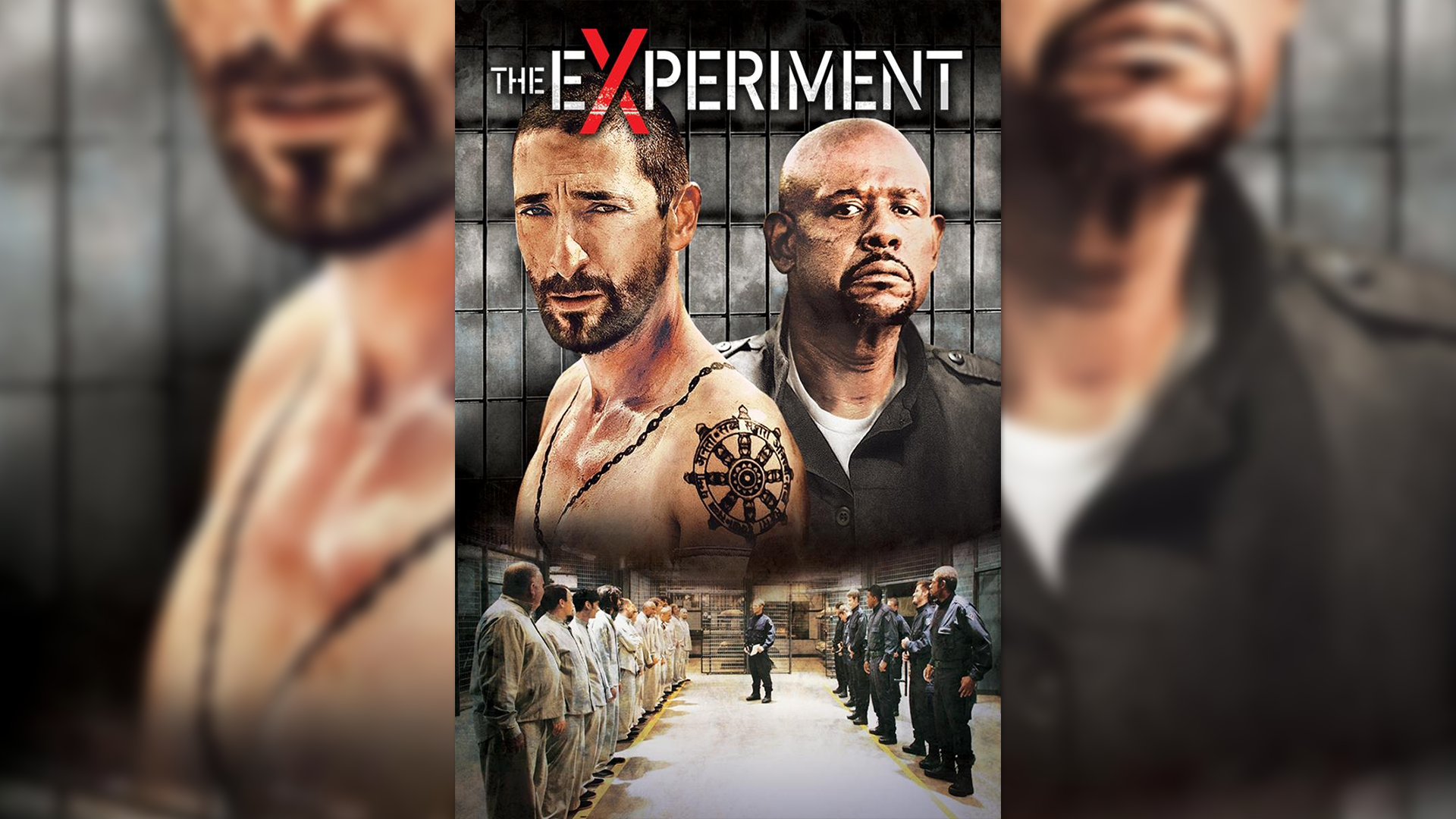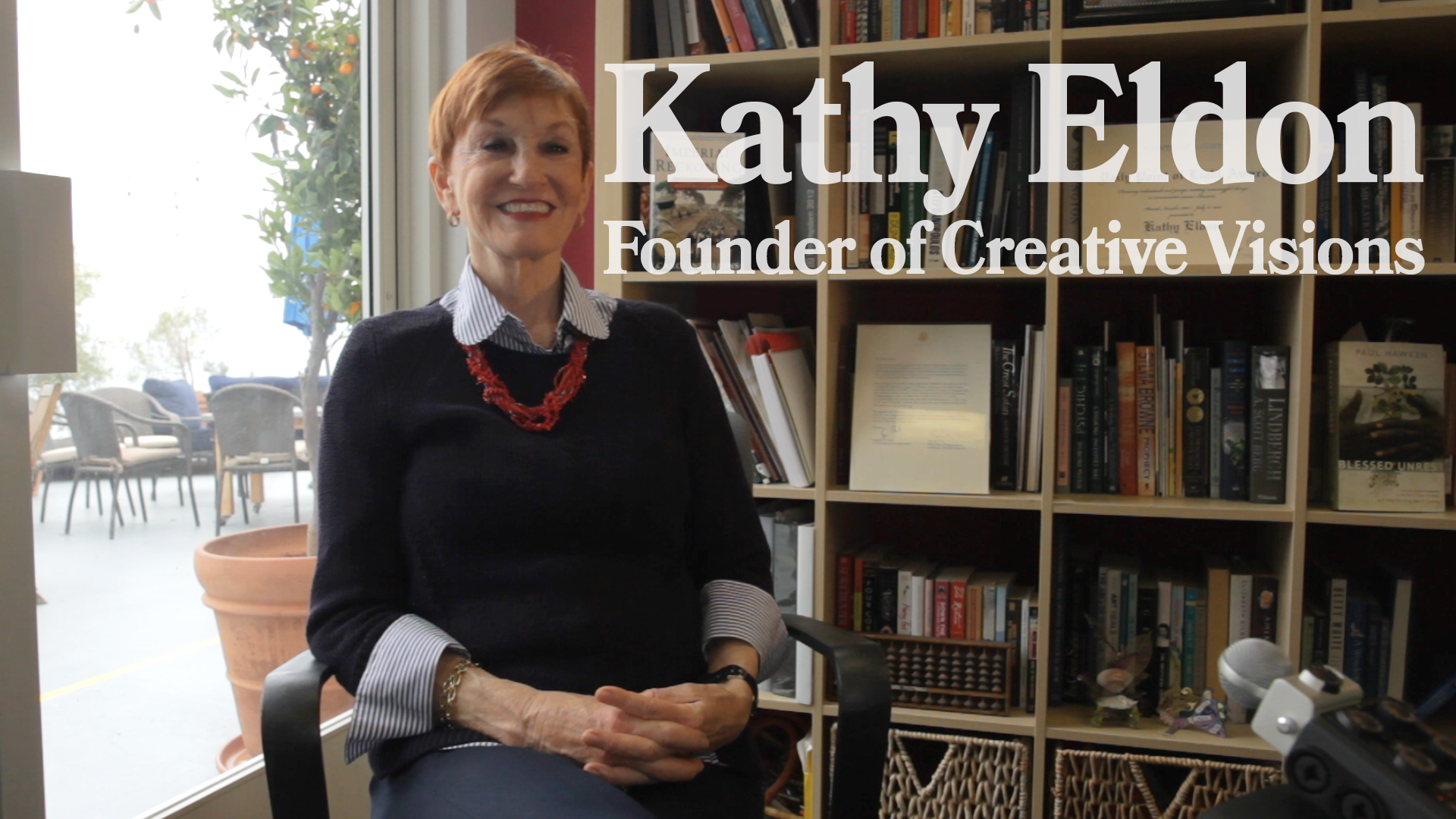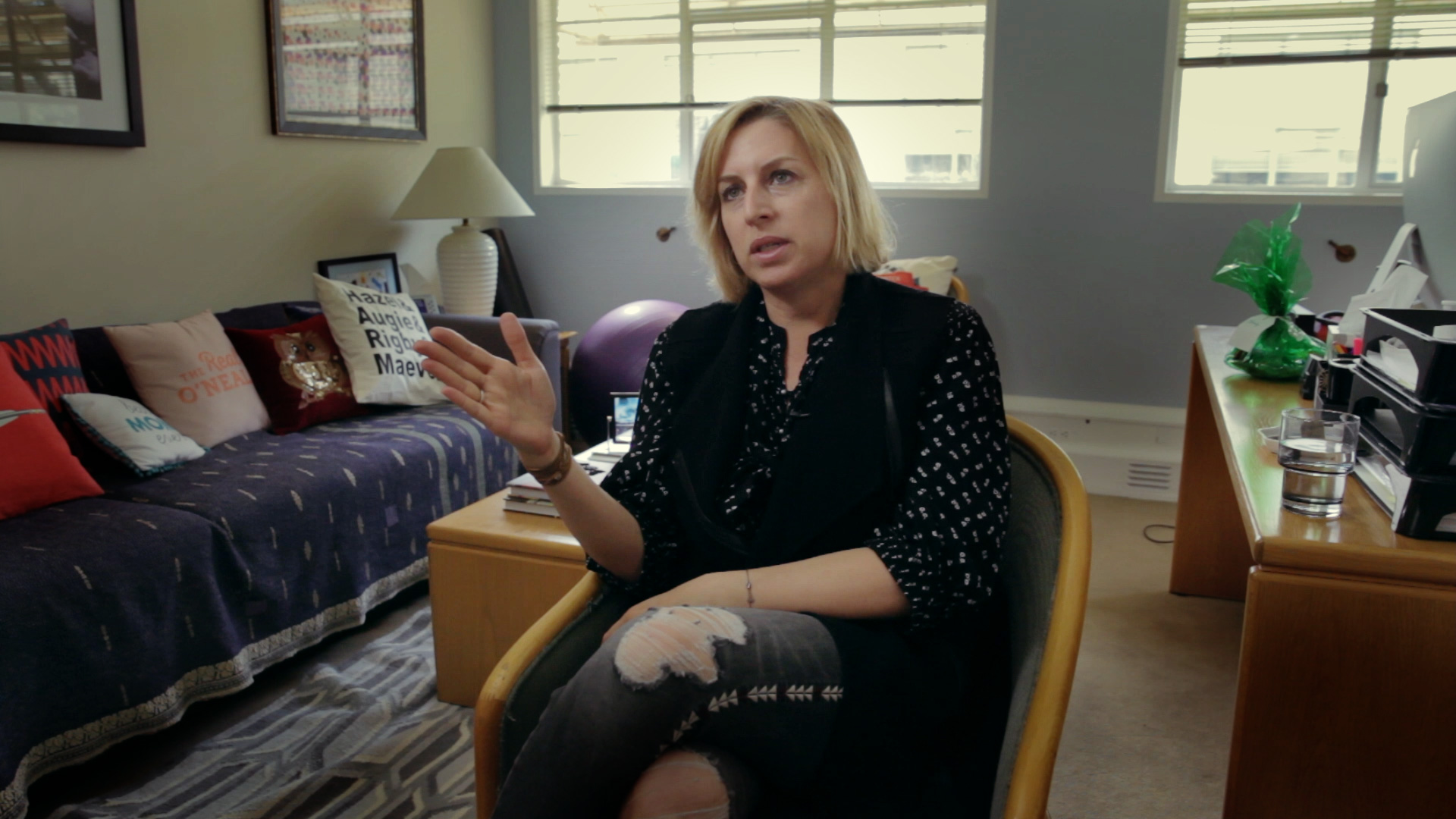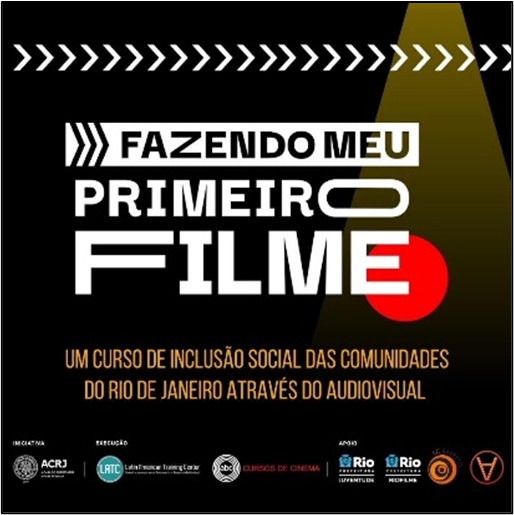Social Impact Entertainment in Brazil
by Steve Solot
President, Latin American Training Center-LATC
Rio de Janeiro, Brazil
Although relatively new in Brazil, and in Latin America in general, the same underlying mission of social impact entertainment applies, i.e., the use of media, visual arts, film, theater, music, and other forms of expression to promote positive social change. However, given the dramatic income inequality in Brazil, which is the highest in the world, and chronic social, political and economic challenges in the region, social impact entertainment may be considered a more valuable tool to effect social transformation in Latin America than in developed regions. Here are some well-known examples.
Based in Brazil, Maria Farinha Films is the leading social impact film company in Latin America, focused on creating inspiring stories that move and engage large audiences. With over 50 productions over 15 years, the production company stands out for productions such as the series “Aruanas,” viewed by 35 million people per episode. The company’s content aims at raising awareness about the global environmental crisis and addressing ethical values such as integrity, justice, civility, social responsibility and corporate sustainability. MFF recently announced the hiring of one of Participant Media’s top executives to lead its global operations in Los Angeles.
Located in Rio de Janeiro, Cinema Nosso is a social and cultural institution that was founded in 2000 through the actor selection process of the award-winning film “City of God” (“Cidade de Deus”). In the last 10 years it has become one of the largest popular film schools in Latin America with over 3,500 young participants in its courses and more than 159 short films produced.
Also located in Rio, in the Vidigal Favela, another pioneering program is the Nós do Morro group, a non-profit cultural association founded in 1986, whose objective is to provide access to art and culture for children, youth and adults through its theater and audiovisual projects.
In São Paulo the Criar Institute of TV, Cinema and New Media, founded in 2003 by TV host Luciano Huck, is aimed at promoting the professional, sociocultural and personal development of young people through audiovisual media. Every year, 125 youths aged 17-20 who are considered in conditions of social and economic vulnerability, receive technical and sociocultural training in film and media.
The newest social impact entertainment project in Brazil is the social inclusion filmmaking course for Rio de Janeiro favelas and suburbs, “Making my First Film” (“Fazendo meu primeiro Filme”).
Organized by the Latin American Training Center (LATC), the project is an initiative of the Cultural Council of the Rio de Janeiro Commercial Association (ACRJ). In the city of Rio, the main partners are ABC Cinema Courses (ABCC), the Municipal Special Secretariat for Rio de Janeiro Youth (JuvRio), RioFilme, the Interstate Union of the Audiovisual Industry (SICAV), the Interstate Union of Workers in the Film and Audiovisual Industry (STIC), the Motion Picture Association (MPA) (Brazil) and other strategic sponsors.
Based on a unique combination of public and private-sector partnerships, the filmmaking course is aimed at inclusion, empowerment and improvement of the lives of disadvantaged inner-city youth and their local communities (favelas) of Rio de Janeiro. The six-week course offers an introduction to the audiovisual world through the production of short films made with cell phones and provides a window for students to enter the professional world of cinema. Each student develops their own project, from script to editing the final version, and after all classes, a screening event of all the short films produced takes place in a local movie theater for families, friends and other residents of the favelas and suburbs.
Held on Saturdays at the ABCCC headquarters in the Laranjeiras neighborhood, the program provides transportation and snacks to students, who also receive an official certificate of course completion. In addition, they are eligible for scholarships for English courses offered by LATC, technical audiovisual courses offered by ABCCC, and internships offered by production companies affiliated with SICAV – the Interstate Audiovisual Industry Union. Thus, the project is structured to emphasize entrepreneurship and employability.
The two courses already offered in 2024 were attended by youth from the favelas and suburbs of Júlio Otoni, Tavares Bastos, Pereira da Silva, Fallet, Morro Azul, Santo Amaro, Cidade Nova, Vila Isabel, Babilônia, Campo Grande, Bangu, Guaratiba, Santa Cruz, Cidade de Deus and Ilha Grande.
The next course will be for the youth of Nova Iguaçu, in the outskirts of Rio, in partnership with the cultural center Cia. Encena, the Municipal Department of Culture, the Municipal Department of Social Welfare, the CIEP 117 Carlos Drummond de Andrade Intercultural Brazil-United States School, the Iguaçu Youth House and the Chamber of Commerce of Nova Iguaçu-ACINI.


